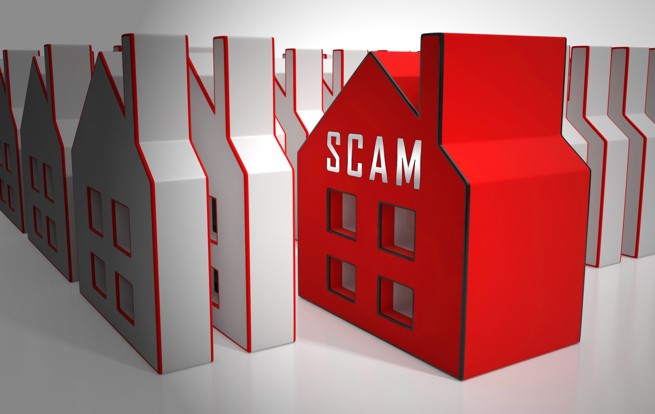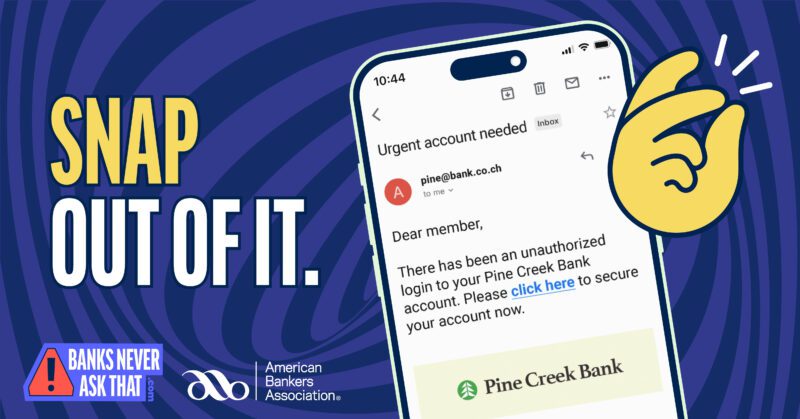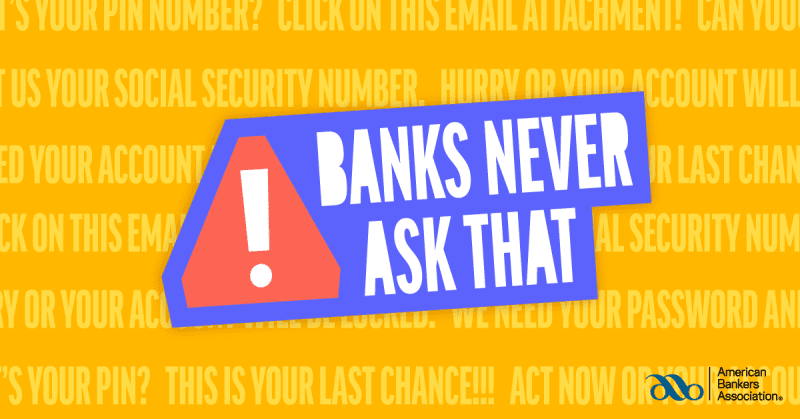Public Records are Accessible by Scammers, Too
Almost from the minute you close on your new home or home equity line of credit (HELOC), you receive a multitude of offers for dozens of home-related services. It’s all part of being a new home owner or signaling that you may be ready to start making home improvements. That is, until the offers cross the line into scams.
Like it or not, information about a home purchase or second loan (HELOC), and the terms and conditions of those loans, is recorded among the land records in the jurisdiction where the property is located. With many jurisdictions offering online access to public records, scammers use home loan details to perpetrate any one of a number of scams.
Scammer Goals
Typically, these scams use the public details about your home loan to try and gain access to more of your personal information (credit card numbers, bank accounts, social security number, etc.) or to simply bilk you out of your hard-earned money by making you buy a product or service you don’t need. Scammers will often use your lender’s name and the loan amount to look “official.” Some even create fake documents and websites using your lender’s logo or may try to impersonate your lender in phone calls to gain your trust.
“Buying a home is such a big step and everyone wants to do everything right. Scammers take advantage of that state of mind and leverage the few details they have from public records to prey on home owners,” said Megan Antonitto, Genesee Regional Bank’s Risk Management Officer. “We’re even seeing an increase in targeted scams for individuals who have just taken out HELOCs. It’s a significant problem.”
But the good news is that there are usually good clues in the communication that will tell you whether you really need to take action or not. Click for an example of one of these offers for a closer look at some of the red flags.
Common Scams
- Purchasing Unneeded Mortgage Protection Insurance, Home Warranties, etc.
While there are legitimate insurers, many of these offers are phrased to appear as if the mortgage insurance the home owner may have purchased through the lending process is inadequate and additional insurance is required. Home warranty offers are also common. While some of the offers received may actually provide a legitimate service, they are usually not necessary and home owners should not feel pressured to act on them. Always contact your lender if you have questions about your mortgage or HELOC terms. - Unpaid Utility Bills
A “representative” from a utility company calls the new home owner explaining that the previous owner of the home still has outstanding bills due. In a threatening tone, the representative tells the new home owner to send a check or pay by credit card to eliminate the debt. Otherwise, the electricity will be cut off or the needed service (cable, water, etc.) won’t be provided. This is a scam. Utility companies do not do business this way. If you still have questions, reach out to the utility directly by calling a number found on their website. - Mortgage Payment Administration
After closing, the homeowner receives a solicitation from a company that promises to administer payments for a bi-monthly mortgage which promises to save them “lots of money” over time. This intermediary administrator charges a hefty processing fee and a smaller—but not insignificant—monthly fee, which is often not revealed until it’s too late.
Stay on High Alert
Antonitto recommends that new home owners be on high alert in the weeks and months right after they close on a mortgage or HELOC. Legitimate information the home owner may receive as a follow up to their loan transaction often complicates the situation.
“Home owners do receive additional communications from their lender, perhaps a notification saying their loan has been sold or even a satisfaction survey, in the weeks following their closing. It can be difficult to tell what is real and what is not,” said Antonitto. “If a home owner is having trouble discerning whether a letter or notification is genuine, they should contact their lender immediately. At GRB, contact our Fraud Team.”
While the introductory offers for landscaping services can be helpful, home owners need to be vigilant. Scammers know just how to use your home purchase details against you.




